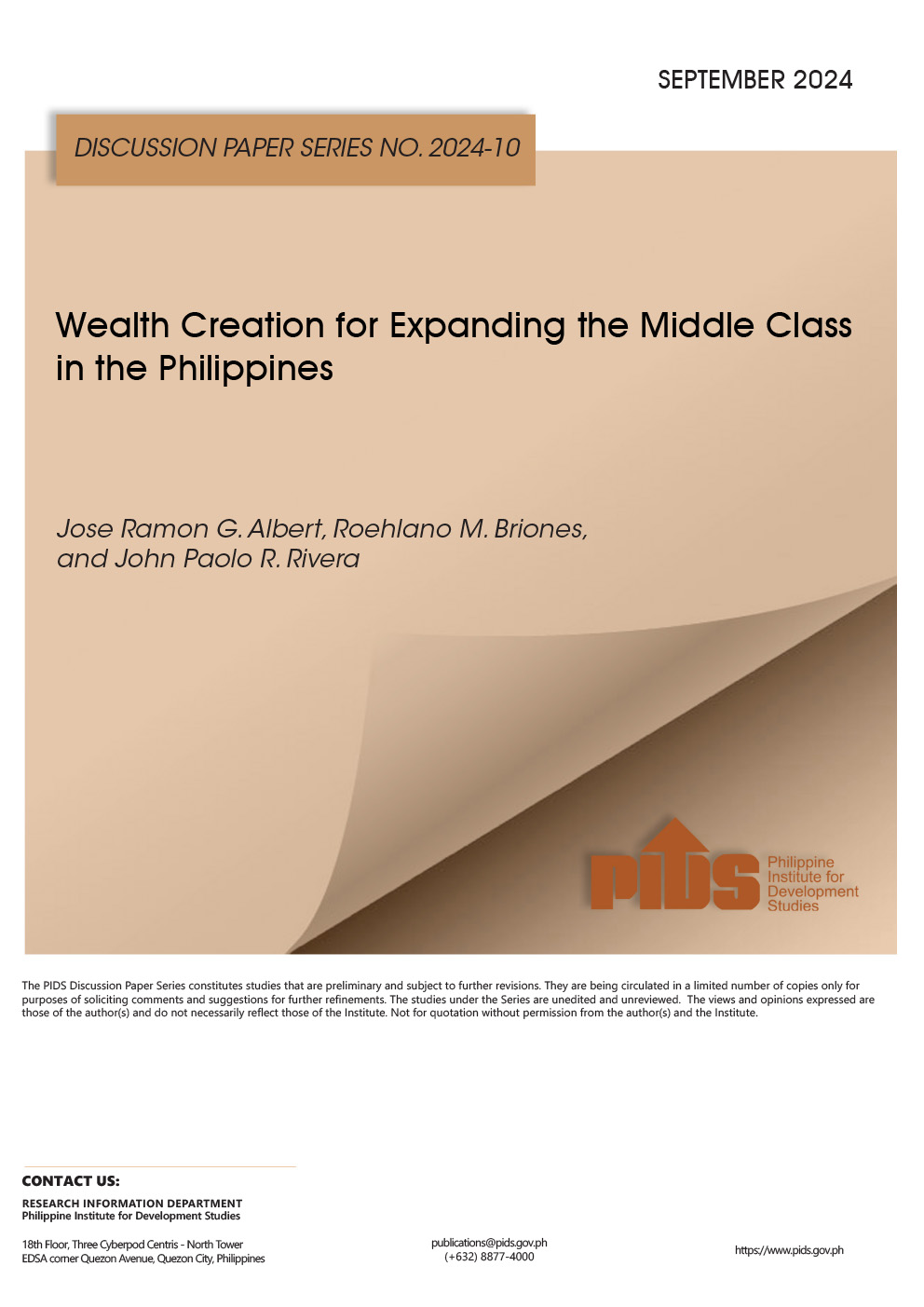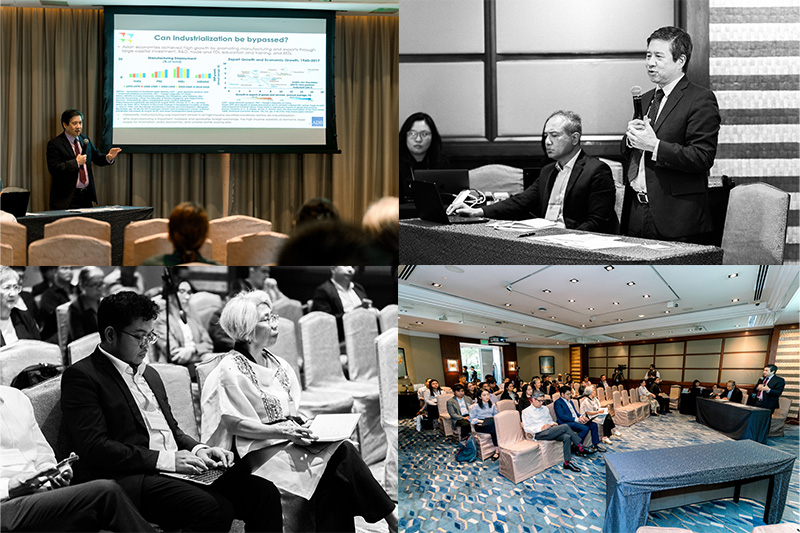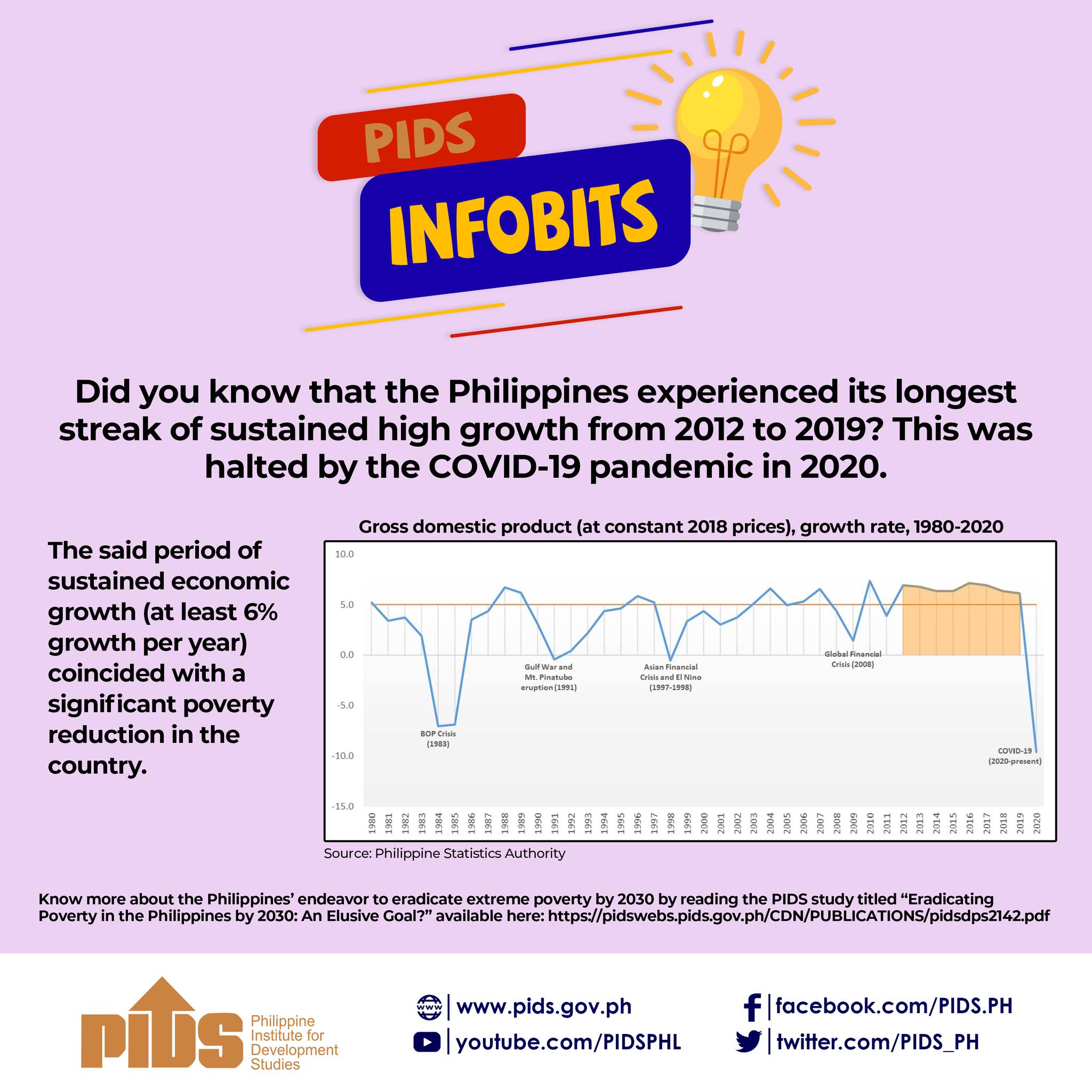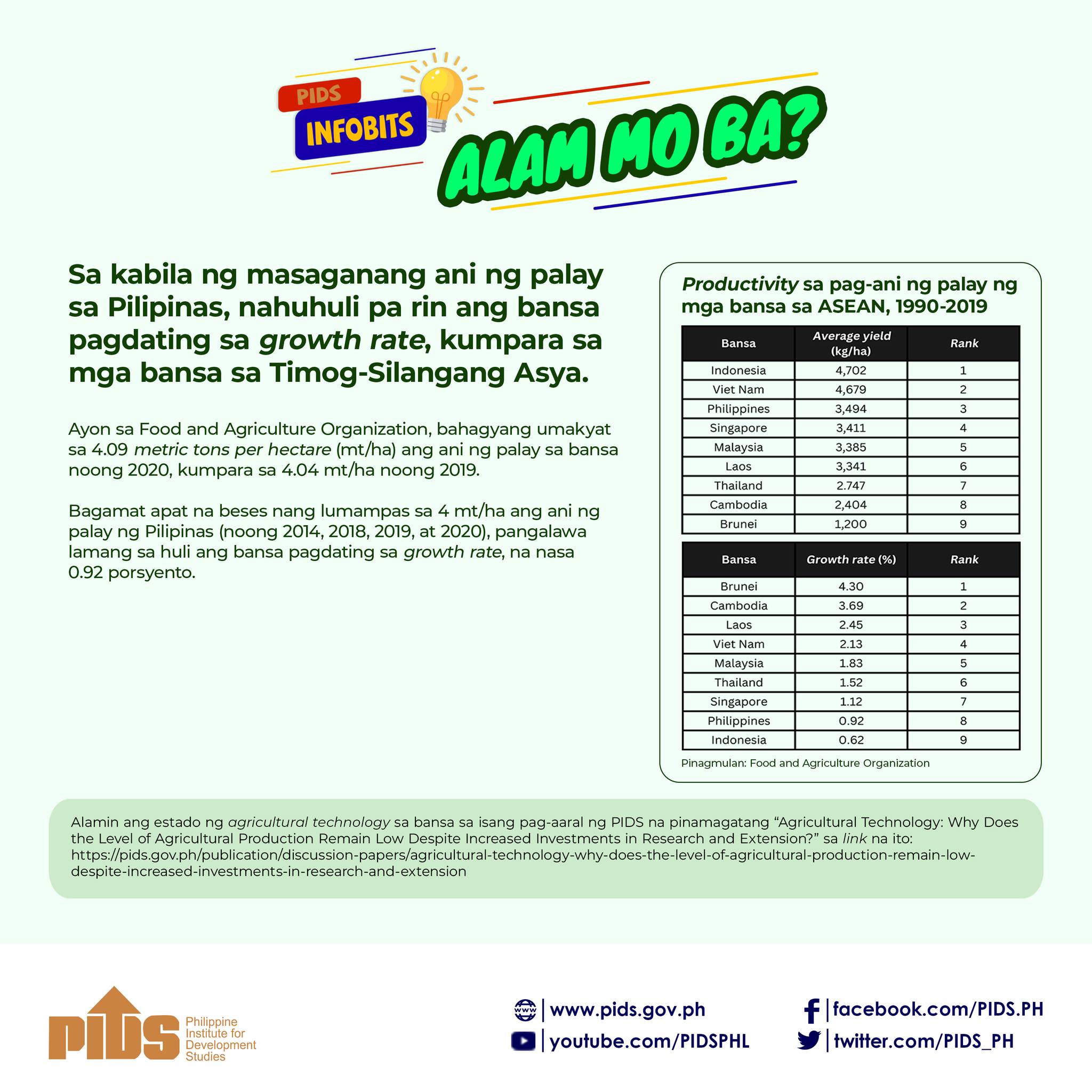The Philippines has achieved considerable progress in tackling corruption and upgrading competitiveness, which makes it earn the respect of world economists, thanks to the high confidence enjoyed by President Aquino. From the “Sick Man of Asia” in the past, the country is now considered as the possible “Tiger Economy” before long. The President has stated that in the second half of his term, the government will focus on providing opportunities for the creation of quality employment and livelihood, since these are the country’s pathway out of poverty. Building on the substantial improvements so far reached by the Cabinet economic cluster, the various business organizations have reiterated the need for sectoral economic planning of products and services, which have the potentials to be globally competitive and where the country can benefit from the global economies of scale that will meet the challenging targets of generating 14.6 million employment and livelihood until 2016. The Philippines will become a global player in a broad field of products and services, which will benefit its resources (both human and natural), financially, technologically, socially and culturally. It will provide the seed of economic renaissance, which was proposed by the combined local and joint foreign business chambers two years ago. The approach is similar to the ADB’s “Taking the Right Route to Inclusive Growth”—a strategy supported by the National Competitiveness Council’s private sector experts (NCC being a public-private sector partnership).












